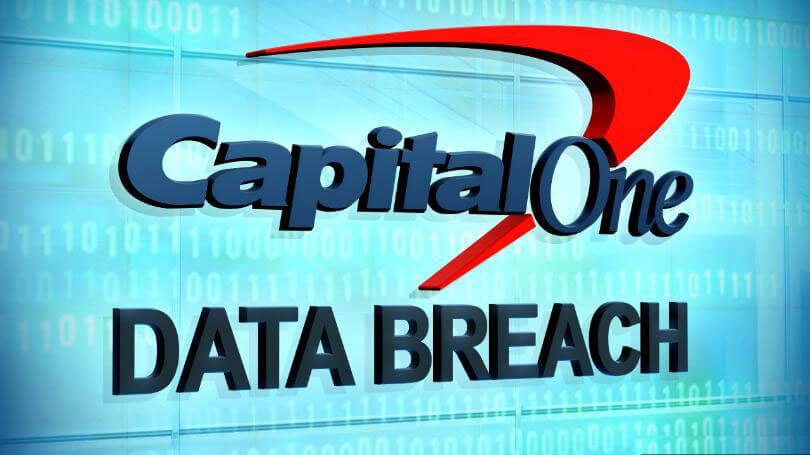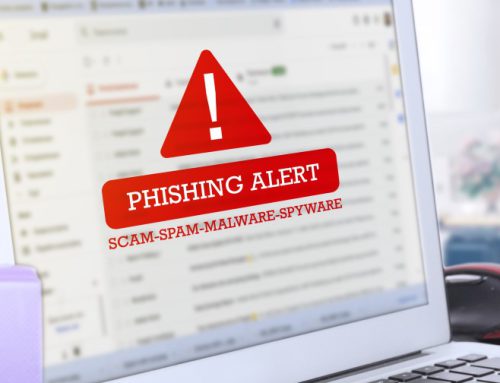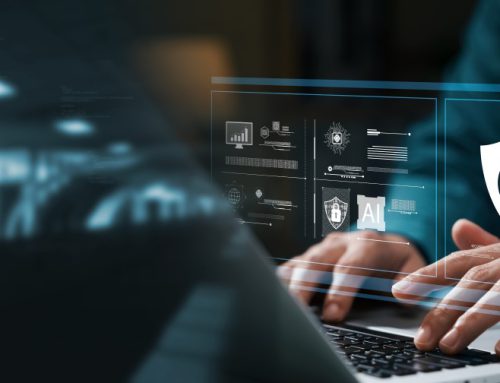Were you affected by the Capital One breach?
Capital One, the 10th largest bank in the United States, was recently the victim of an internet breach where the information of over 100 million people in the US and 6 million in Canada were exposed. Executives at Capital One states that they’ve addressed the problem, but the reality is that the damage is already done; the stolen data is already in the hands of cyber criminals.
Where does all this stolen data go?
The Dark Web! It’s only a matter of time that all this data starts getting sold over the dark web. The hacker or group of hackers responsible can make multi-million dollars through selling all this data.
If you own a Capital One credit card, and especially if you do online banking, it’s essential to check to see if you’ve been compromised with a free dark web scan.
My data has been stolen…what do I do?
Get ready to change your passwords! It’s easier to change your password than wait to be told if you been compromised. Any accounts associated with Capital One, all passwords should be changed. We suggest you do this regularly, every three to five months with accounts that contain valuable information.
Use a password aggregator to help ensure your password is strong and unique. Scary statistics show that more than 80% of users reuse passwords which is a serious security vulnerability.
Enabling two-factor authentication can add an extra layer of security to your logins. This can help prevent scammers from gaining access to your accounts. The most common form of two-factor authentication is when an application texts you a one-time code that enables you to access your account.
When, not if, breaches happen to any big organization you use, you will be prepared for the backlash because you took the necessary step to stay ahead of all issues.
How prepared for a cyber attack are you?
What would happen if a hacker decided to launch a cyber attack against your business?
Would they be successful?
Would they easily gain access to your company’s sensitive information?
All companies are vulnerable when they get comfortable in their cyber security. The Capital One breach is officially the largest ever to impact a United States bank, but there is sure to be bigger breaches. For a bank to be hacked, it shows that even companies that are trusted and relied on every day to be secure with your information are open to being attacked.
How can a company so secure get hacked?
Paige Thompson has been accused of breaking into a Capital One server and gaining access to 140,000 Social Security numbers, 1 million Canadian Social Insurance numbers and 80,000 bank account numbers, in addition to people’s names, addresses, credit scores, credit limits, balances, and other information, according to the bank and the US Department of Justice[1]. The 33-year-old, who lives in Seattle, had previously worked as software engineer for Amazon Web Services, the cloud hosting company that Capital One was using.
It’s clear to see that one of the highest levels of cyber threat truly is internal, because they already have access to the information and understand what security measures are put in place.
When cyber threats happen, most people see the hacker as the stereotypical rebel in his dark basement with a black hoodie on. In reality, the criminal is most likely someone from inside the company. In 2016, IBM found that 60% of all attacks were carried out by insiders[2].
Cyber Security Awareness Training is very important! It protects you and your organization from disgruntled and careless employees. Whether you’re a business owner or employee, every single business day is as important as the last day. Without proper training and proactive monitoring, you put your credibility and the trust of your customers at risk.











